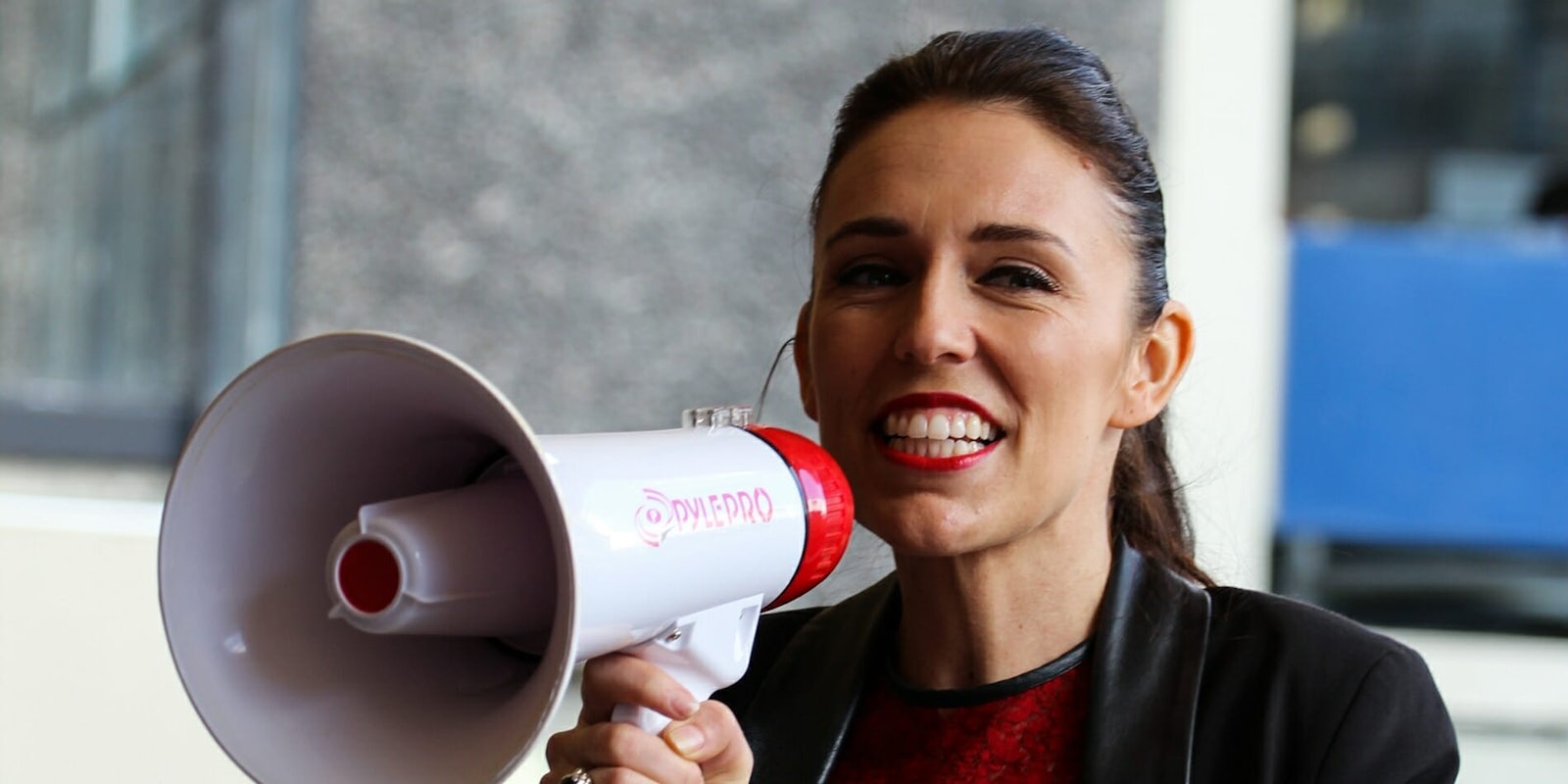New Zealand Prime Minister Jacinda Ardern is about to do something you rarely hear of: She’s a pregnant leader planning to take maternity leave.
News first reached the Australian press after Ardern announced her pregnancy in an Instagram post on Thursday. Ardern, who identifies as a feminist, went on to explain that she’ll be wearing “two hats” after she has her child, serving as both “Prime Minister AND a mum.” She says she first learned of the pregnancy six days before she was elected in October, and she’s expecting her child in June. That makes her one of the few national leaders planning to give birth while in office.
“I’m not the first woman to work and have a baby,” Ardern said in a press conference, NBC News reports. “I know these are special circumstances, but they are many women who would have done this well before I have. I acknowledge those women. I am about to sympathize with them as I sympathize with all women who suffered morning sickness.”
Ardern went on to explain that plenty of other women have “carved a path” and “led the way” for her to serve as both a mother and a prime minister. And part of her multitasking includes taking a six-week maternity leave, then returning back to her duties as prime minister while her partner, Clarke Gayford, is a stay-at-home dad. In the interim, Deputy Prime Minister Winston Peters will serve as acting prime minister.
“As is the case when I am overseas, Mr. Peters will act as prime minister, working with my office while staying in touch with me,” Ardern explained, the New Zealand Herald reports. “I fully intend to be contactable and available throughout the six-week period when needed.”
Ardern’s maternity leave is particularly short compared to New Zealand law, where women are entitled to 22 weeks of paid parental leave after giving birth. But in comparison, U.S. labor laws are relatively strict on childbirth and parental care. Under the Family and Medical Leave Act of 1993, American women are entitled to 12 weeks of maternal leave, completely unpaid. Some states, such as New York, have family leave programs that provide some paid leave. In other regions, mothers have to file for temporary “disability” as a means to secure a small portion of their pay.
Either way, Ardern’s pregnancy raises larger questions about how a female president or politician would be received if she became pregnant in the United States, especially as more young women continue to run for office and build political careers in the wake of the 2016 election.


